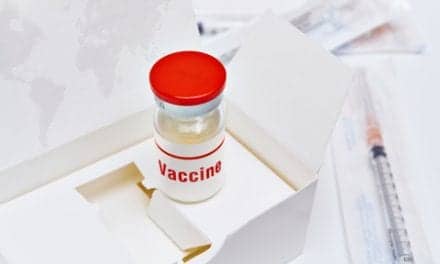Native American ancestry is associated with a lower asthma risk, but African ancestry is associated with a higher risk, according to the largest-ever study of how genetic variation influences asthma risk in Latinos, in whom both African and Native American ancestry is common. The study, led by UC San Francisco researchers, was published online October 6, 2014 in the Journal of Allergy and Clinical Immunology.
Although differences in the environments in which people live often are suspected when asthma risks among populations differ, the new findings illustrate the importance of also considering genetic differences among ethnic groups in diagnosing and treating disease, said Esteban Burchard, MD, professor of bioengineering for the UCSF School of Pharmacy and the senior scientist for the study.
The children in the new study were Mexicans and Puerto Ricans. Among children in the United States, asthma rates are highest in Puerto Ricans and lowest in Mexican Americans. On a population-wide level, Mexicans have more Native American ancestry, and Puerto Ricans have more African ancestry. European ancestry also is common among both Mexicans and Puerto Ricans.
The researchers found that, on average, for the Puerto Rican children studied, every 20 percent increase in African ancestry was correlated with a 40 percent increase in asthma risk.
However, among Mexicans and other Latinos, for every 20 percent increase in Native American ancestry, the odds of developing asthma lessened by 43 percent.







